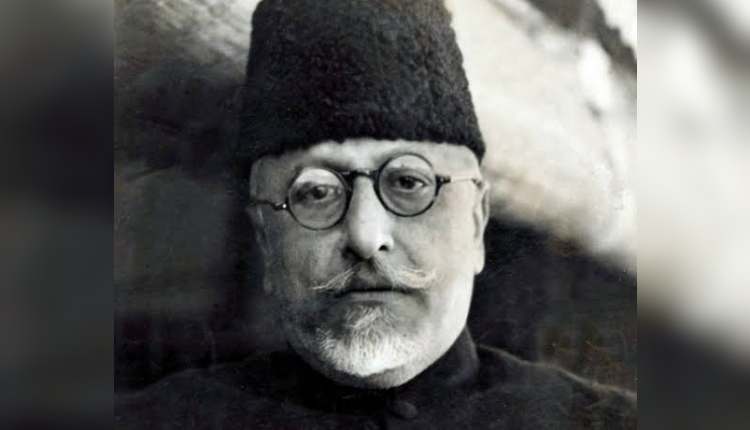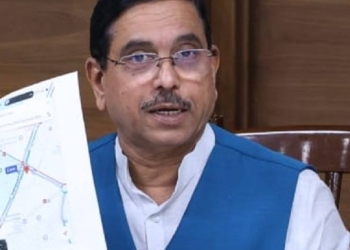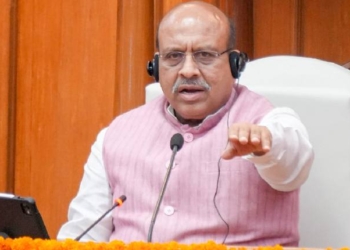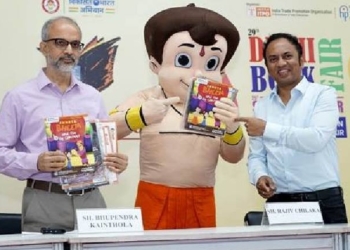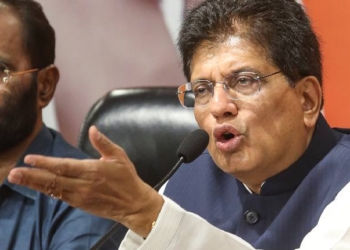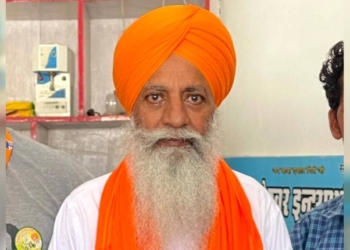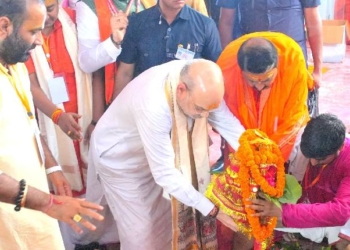Mumbai: The Nationalist Congress Party (NCP) on Thursday accused the Bharatiya Janata Party (BJP) of attempting to erase the name of India’s first Education Minister and Bharat Ratna, Maulana Abul Kalam Azad, from history because he was a Muslim.
NCP national spokesperson Clyde Crasto said that the BJP-led government at the Centre is using the NCERT (National Council of Educational Research and Training) to wipe out Maulana Azad’s identity and his glorious contributions from India’s education system.
Citing instances, he said a para in the first chapter of the old Class XI NCERT political science textbook said: “The Constituent Assembly had eight major Committees on different subjects. Usually, Jawaharlal Nehru, Rajendra Prasad, Sardar Patel, Maulana Azad or Ambedkar chaired these Committees.”
“However, in the new version of the same textbook by NCERT, the name of Maulana Azad has been omitted and the same sentence now reads: ‘Usually, Jawaharlal Nehru, Rajendra Prasad, Sardar Patel or B.R. Ambedkar chaired these committees’. This is truly unfortunate,” Crasto said.
Suspecting a systematic conspiracy to delete Maulana Azad from history, the NCP leader pointed out how last year the Minority Affairs Ministry had abruptly discontinued the ‘Maulana Azad Fellowship’, which was started in 2009 (by the former UPA government) to provide financial help to students from six notified minorities for a period of five years.
The NCERT comes under the Government of India which is currently led by the BJP, and therefore the question that comes to the mind is whether they are seeking to obliterate the name of India’s first Education Minister because of his religion, Crasto said.
“There appears no other reason why they would do this to the first Education Minister of Independent India and one of our leading freedom fighters. The NCERT must clarify and answer to the citizens why Maulana Azad’s name is missing in the new version of the textbook, and how it will rectify this error,” Crasto said.
Maulana Azad, a distinguished Islamic scholar, author, academician and a prominent freedom fighter, was elected as the youngest President of Indian National Congress aged 35, and later led the historic Khilafat Movement.
After Independence, Maulana Azad served as India’s first Education Minister for over 10 years, during which he laid the foundations for the country’s massive academic network. Acknowledging his contributions, his birthday – November 11 – is celebrated as National Education Day.
(IANS)




